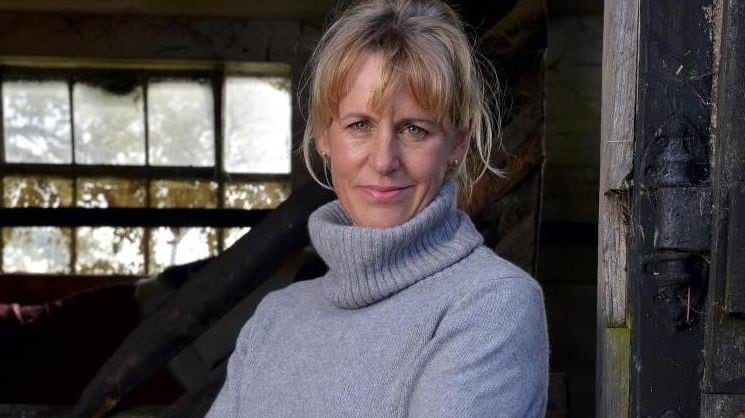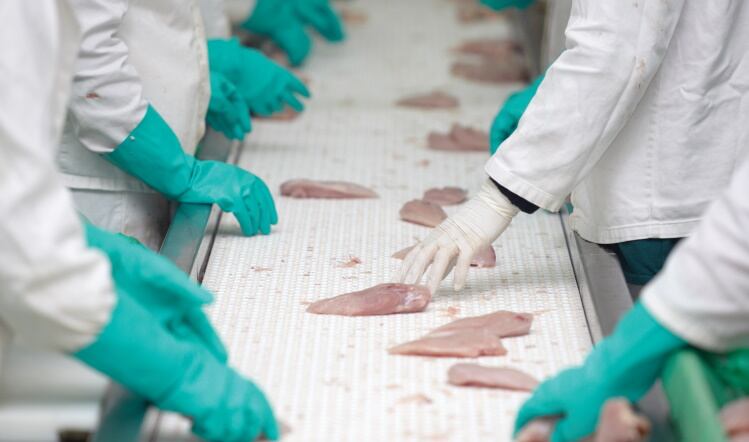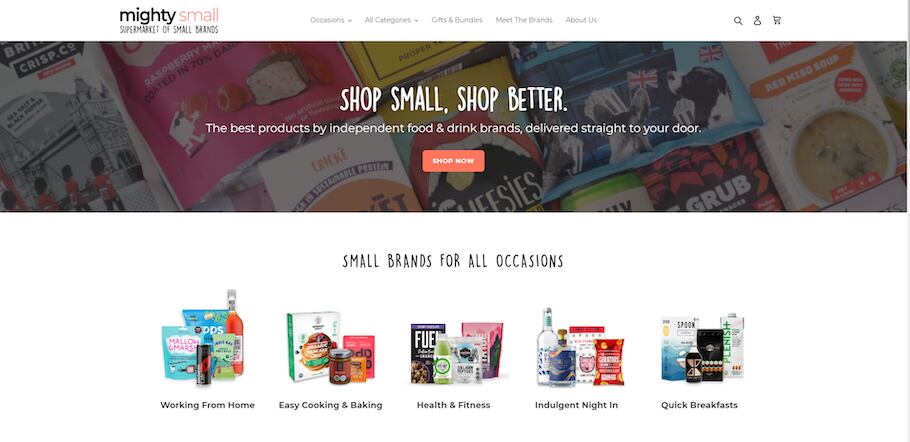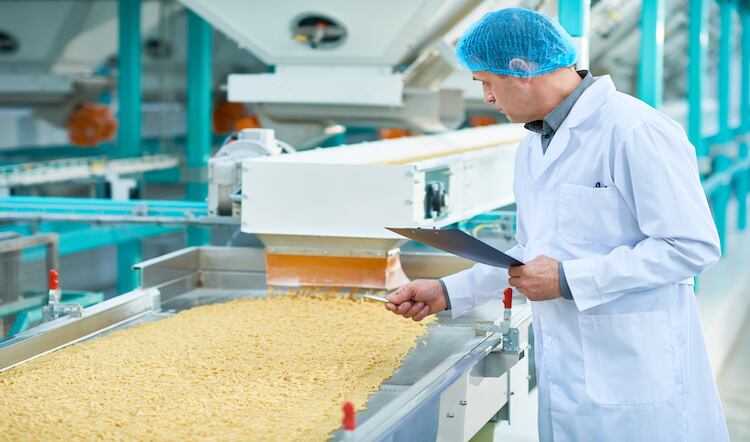The pandemic has seen almost the complete loss of the foodservice and hospitality markets for dairy and meat farmers. This has meant some dairy farmers have been forced to dispose of milk on farms due to the crisis.
A dairy crisis meeting was held earlier today between trade associations, representatives of the trade and the Department for Environment, Food & Rural Affairs (DEFRA).
Last week, the National Farmers Union (NFU) called for a crisis meeting to save the dairy sector. Further concerns were raised earlier this week that the impact on meat and dairy foodservice suppliers was causing a growing crisis.
NFU president Minette Batters and National Dairy Board chairman Michael Oakes highlighted the need for a multi-pronged approach to avoid short-term instability of milk supply to consumers and irreparable long-term damage.
Batters said: “We are absolutely united on the scale and immediacy of the problem. It’s clear we all agree on the need to act now to prevent a catastrophe in rural Britain.
“The UK dairy industry is an iconic, living, breathing and nourishing part of our food supply chain, playing a key role in the national effort while COVID-19 ravages the country. It faces unprecedented disruption in the short term because it cannot furlough its dairy cows, and its farmers cannot make use of the considerable Treasury support measures like other sectors of the economy.”
‘Urgent actions’
NFU dairy board chairman Michael Oakes added: “Two urgent actions are needed in the short term: a targeted grant scheme for affected farmers that is similar to the Retail and Hospitality Grant Scheme; while DEFRA must convene a ‘Supply and Demand Management’ roundtable under competition law exemptions to maximise the flow of available milk through the supply chain.”
Dairy UK told Food Manufacture that it had been involved in sector talks with DEFRA alongside other key stakeholders in the supply chain on the Covid-19 crisis.
“All organisations on the call urged DEFRA to provide urgent support for farmers. It’s important that DEFRA recognises that the impacts of Covid-19 need short-, medium- and long-term actions and support,” the spokeswoman said.
“Unfortunately, today, no further assistance beyond existing loan schemes was forthcoming. However, we remain committed to working with DEFRA and other Government departments and agencies to ensure that much-needed measures to protect the future of the dairy industry will be put in place.”
Provision Trade Federation director general Andrew Kuyk said the meeting was inconclusive in terms of agreeing immediate actions to mitigate the falling prices caused by excess supply following the unprecedented closure of foodservice and other out-of-home markets.
“DEFRA has asked industry for more information about the scale and extent of the problems and what can be done to find solutions within the supply chain, competition law permitting,” he said. “Work will continue on this at pace.”
Farmgate prices falling
The National Farmers Union Scotland (NFUS) has written to the UK Government calling for action to deliver better price transparency in the beef supply chain once the Covid-19 outbreak is over.
It said that strong sales of beef, particularly mince, through retailers and butchers’ shops throughout the pandemic had been “hugely encouraging” for the red meat sector.
But more traditional joints had been more difficult to sell and farmgate prices for beef cattle had been falling.
In a letter to DEFRA secretary of state George Eustice, NFUS president Andrew McCornick said:
“There is huge frustration being expressed by beef farmers right across the country on what is happening to beef prices and this is a direct result of the lack of transparency in the meat industry.”
He added: “With the loss of the foodservice sector, the dominance of domestic retail sales and concern with export volumes, the industry needs Government to look at price transparency across the beef supply chain, with a key focus on establishing what processors are receiving for the beef carcase, and how this is determining the price paid to farmers.”




